What Happens When You Quit Soda, According to a Nutritionist

What happens to your body when you stop drinking soda? I've seen the results firsthand. My name is Andrew Hayes, and I'm a certified nutrition coach and Head of Lifestyle at Alta Coaching. We help busy people change their habits so they can hit their goals and stay fit forever. My clients often come in wanting to know how to lose weight or get toned, and one of the first things I ask them isn't about what gym they belong to, or how many protein shakes they pound. Instead, it's this: Do you drink soda? Because soda can be the #1 exacerbating factor in any number of health problems, including obesity. Even diet sodas can lead to weight gain. Here are the amazing things that happen to your body when you stop drinking soda, and some tips to make it work for you.
The First Noticeable Change: The First Day or Two of Giving Up Soda May Be Hard
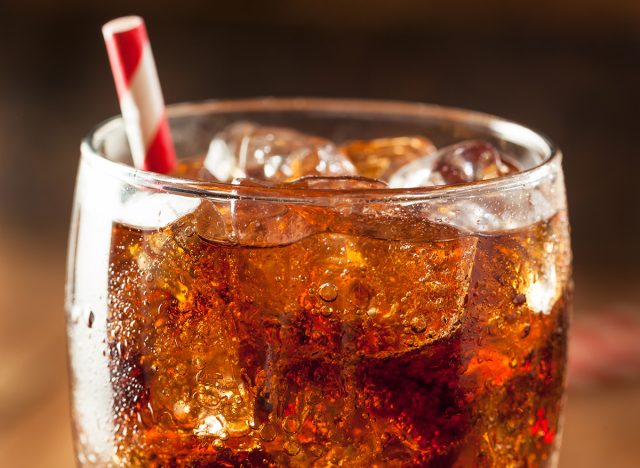
Unfortunately the first day or two after giving up soda can be hard, especially if it was a daily habit. There is caffeine withdrawal, sugar withdrawal, and the general stress of feeling like you are "giving up" something you enjoy. You can expect to be irritable, tired, and experiencing sugar cravings.
The Second Noticeable Change: By Day Two or Three, You Will Start to Feel Better

By day 2 or 3 of giving up a soda habit you will start to feel more sustained energy. You will no longer have blood sugar spikes so you will feel more energetic all day long instead of having crashes. You will also see improvements in sleep which help with energy as well. You will still have sugar cravings at this time so stock up on fresh fruit or other nutrient-dense carbs (whole wheat bread, sweet potatoes, etc.).
Related: I'm a Bikini Fitness Competitor and Here's My #1 Rule for Weight Loss
The Third Noticeable Change

Whiter teeth!
The Fourth Noticeable Change
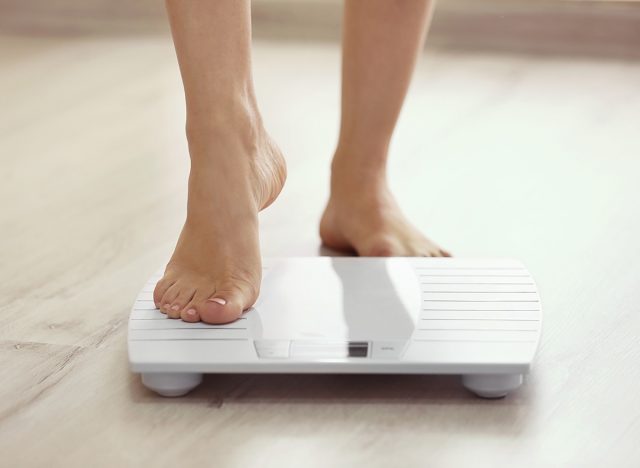
If everything else stays the same, removing a soda habit will almost certainly lead to weight loss in the first 1-3 weeks.
The Fifth Noticeable Change
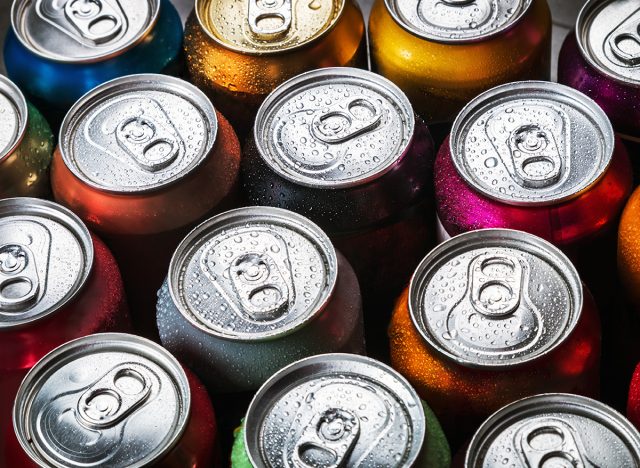
By the end of week 1, you have a new identity. You are no longer a daily drinker of soda, which means you took a major step in improving your health. This is a huge win and should be celebrated. This will lead to improved self-confidence and likely further improvements in your diet and exercise. It's a snowball effect.
The Sixth Noticeable Change

The additional benefits of giving up soda are too many to name, especially if you replace it with water. After about 1-2 weeks of giving up soda, you can expect clearer skin, improved digestion, better mood, healthier joints, improved immune health, better exercise performance, and more. Over the months and years, giving up soda (or having it very occasionally) can potentially decrease your risk of heart attack and stroke. It can also reduce your risk of cavities and gum disease.
Related: I'm a Celebrity Trainer and This is the Only Smoothie I Can't Live Without
My Advice For How to Quit Drinking Soda
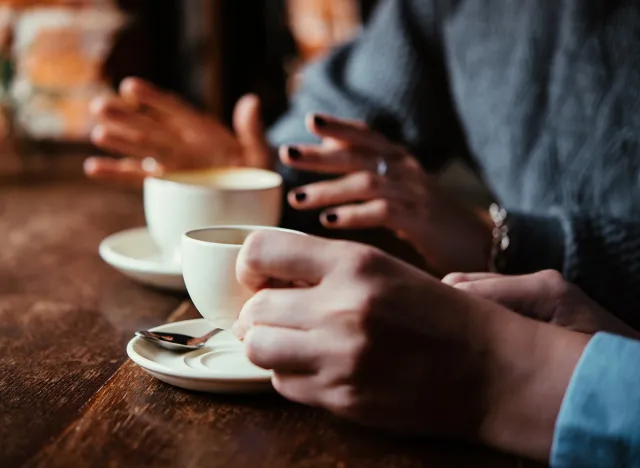
Have a small amount of caffeine. If you don't drink coffee, don't quit caffeine cold turkey. Take small sips of coffee or tea to wean off caffeine slowly over a few days.
Drink Another Sparkling Beverage
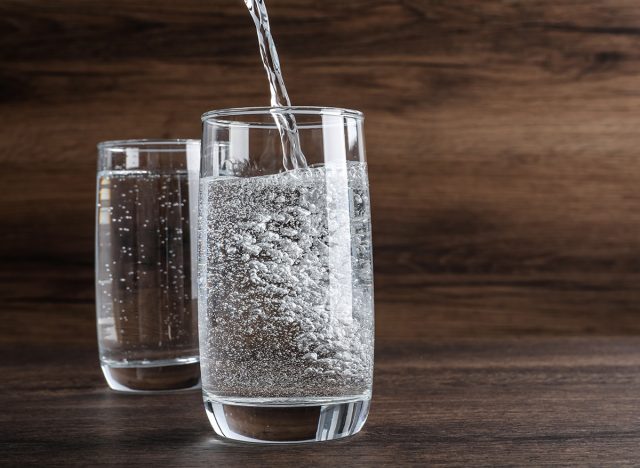
Carbonated water or sugar-free sparkling tea are great alternatives with a similar mouthfeel without all the sugar.
Find Something New to Do at the Same Time

Willpower only lasts so long. If all you think about is not drinking soda, it will be all you think about. Treat yourself with something else: pick up a new hobby, do an outdoor activity with a friend, get a message, or anything else to take your mind off giving up soda.
Drink a Lot of Water
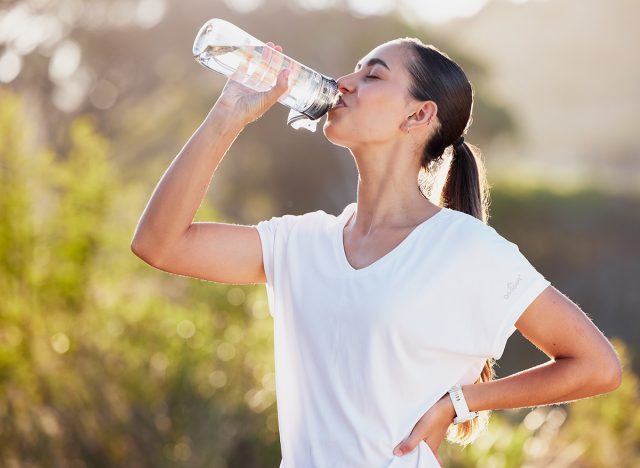
Drinking water can help you feel more full and reduce soda cravings. Many soda drinkers find water very bland or hard to drink compared to soda. If this is the case, Invest in electrolyte powders or tablets, such as Nuun or LMNT. These make water taste better and provide other benefits to help with water absorption. If you want to know more about how soda affects your health, don't miss my other article here on Body Network: 6 Disgusting Things Drinking Soda Does to Your Body.
🔥Body Booster: After about 1-2 weeks of giving up soda, you can expect clearer skin, improved digestion, better mood, healthier joints, improved immune health, better exercise performance, and more.
Andrew Hayes is the Founder & Head of Lifestyle at Alta Coaching.




